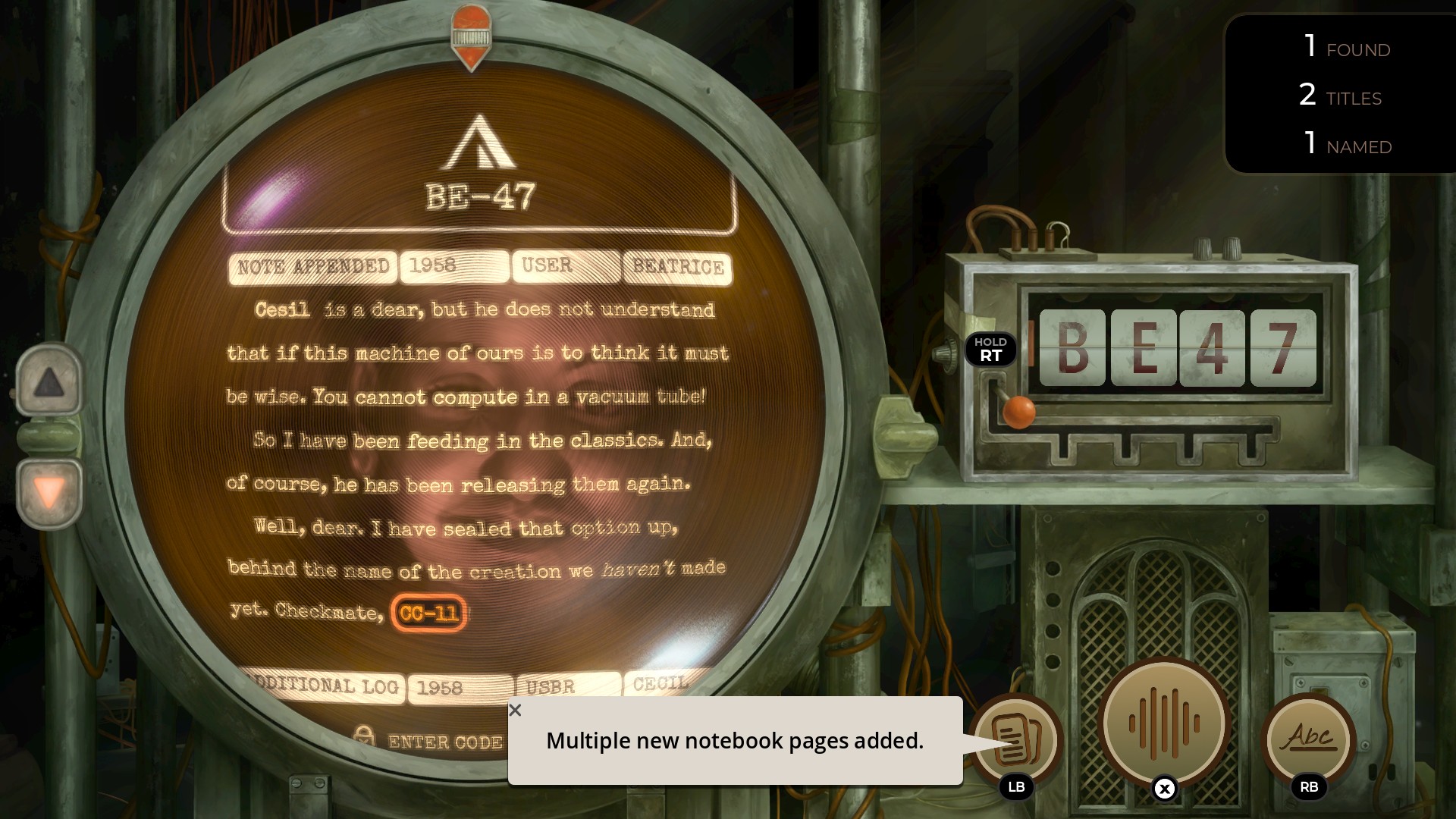OpenAI stops itself from generating 'disrespectful' Martin Luther King Jr. deepfakes, but this is the tip of the iceberg: 'Who gets protection from synthetic resurrection and who doesn't?'
"King's estate rightfully raised this with OpenAI, but many deceased individuals don't have well-known and well-resourced estates to represent them."

OpenAI has said it will stop its AI video-generating app Sora from creating videos featuring the likeness of Dr. Martin Luther King Jr., after receiving a request from his estate.
The minister and civil rights leader, who was assassinated in April 1968, was known in his lifetime for his advocacy of nonviolent resistance, civil disobedience, and sonorous eloquence. Sora has been used to produce videos featuring Dr. King's likeness delivering the "I have a dream" speech while making monkey noises; another video shows him fighting his contemporary and fellow activist Malcolm X.
OpenAI has admitted this sort of stuff amounts to "disrespectful depictions", which is putting it mildly, and says it's stopped users being able to generate videos featuring Dr. King's likeness "as it strengthens guardrails for historical figures."
Dr. King is far from the only historical figure to have been reanimated in oft-tasteless fashion. There are videos of JFK's likeness joking about the recent assassination of Charlie Kirk; one showing Kobe Bryant's likeness on a helicopter with the implication this is from the 2020 crash that killed him, his daughter, and seven others; yet more show Malcolm X's likeness making crude jokes and discussing defecating on himself.
"It is deeply disrespectful and hurtful to see my father’s image used in such a cavalier and insensitive manner when he dedicated his life to truth," Malcolm X’s daughter Ilyasah Shabazz told the Washington Post.
Earlier this month Zelda Williams, daughter of the late Robin Williams, excoriated the AI 'tributes' to her dad (which are less obviously grim than the above, but still): "You’re making disgusting, over-processed hotdogs out of the lives of human beings [...] You are taking in the Human Centipede of content, and from the very very end of the line."
One comment on Variety's Instagram story about the above came from Bernice A. King, the daughter of Dr King, who said: "I concur concerning my father. Please stop."
Keep up to date with the most important stories and the best deals, as picked by the PC Gamer team.

OpenAI's approach to what any fool could have seen might prove a major problem has been, as in every other area, to just go ahead and do it anyway, regardless of copyrights or anything as airy-fairy as human decency. Then when the obvious starts happening, no problem: in our grand benevolence, we will consider requests for an opt-out.
I wonder if OpenAI could opt-out of a lawsuit brought by a recently deceased celebrity's family after seeing fake footage from their loved ones' fatal accident generated by Sora.
OpenAI's statement on the Dr King matter, unbelievably, goes straight-in on a free speech argument for generating false footage of historical figures doing things they didn't. "While there are strong free speech interests in depicting historical figures, OpenAI believes public figures and their families should ultimately have control over how their likeness is used," said OpenAI's statement. "Authorized representatives or estate owners can request that their likeness not be used in Sora cameos."
How good of them! OpenAI even thanks the AI Ethics Council "for creating space for conversations like this," which I guess is a little bit more diplomatic than "the rest of you can take a hike."
This whole deal "raises questions about who gets protection from synthetic resurrection and who doesn't," generative AI expert Henry Ajder told the BBC. "King's estate rightfully raised this with OpenAI, but many deceased individuals don't have well-known and well-resourced estates to represent them.
"Ultimately I think we want to avoid a situation where, unless we're very famous, society accepts that after we die there is a free-for-all over how we continue to be represented."
Others are far less diplomatic in their language and, who knows, may have a point. In response to OpenAI's statement on the "pause" around Dr King, screenwriter and producer Alex Hirsch replied:
"So your business model is to dig up celebrities' corpses, and let users Weekend-At-Bernies their bodies around until their families beg you to stop? What the fuck happened to curing cancer?"
2025 games: This year's upcoming releases
Best PC games: Our all-time favorites
Free PC games: Freebie fest
Best FPS games: Finest gunplay
Best RPGs: Grand adventures
Best co-op games: Better together

Rich is a games journalist with 15 years' experience, beginning his career on Edge magazine before working for a wide range of outlets, including Ars Technica, Eurogamer, GamesRadar+, Gamespot, the Guardian, IGN, the New Statesman, Polygon, and Vice. He was the editor of Kotaku UK, the UK arm of Kotaku, for three years before joining PC Gamer. He is the author of a Brief History of Video Games, a full history of the medium, which the Midwest Book Review described as "[a] must-read for serious minded game historians and curious video game connoisseurs alike."
You must confirm your public display name before commenting
Please logout and then login again, you will then be prompted to enter your display name.


